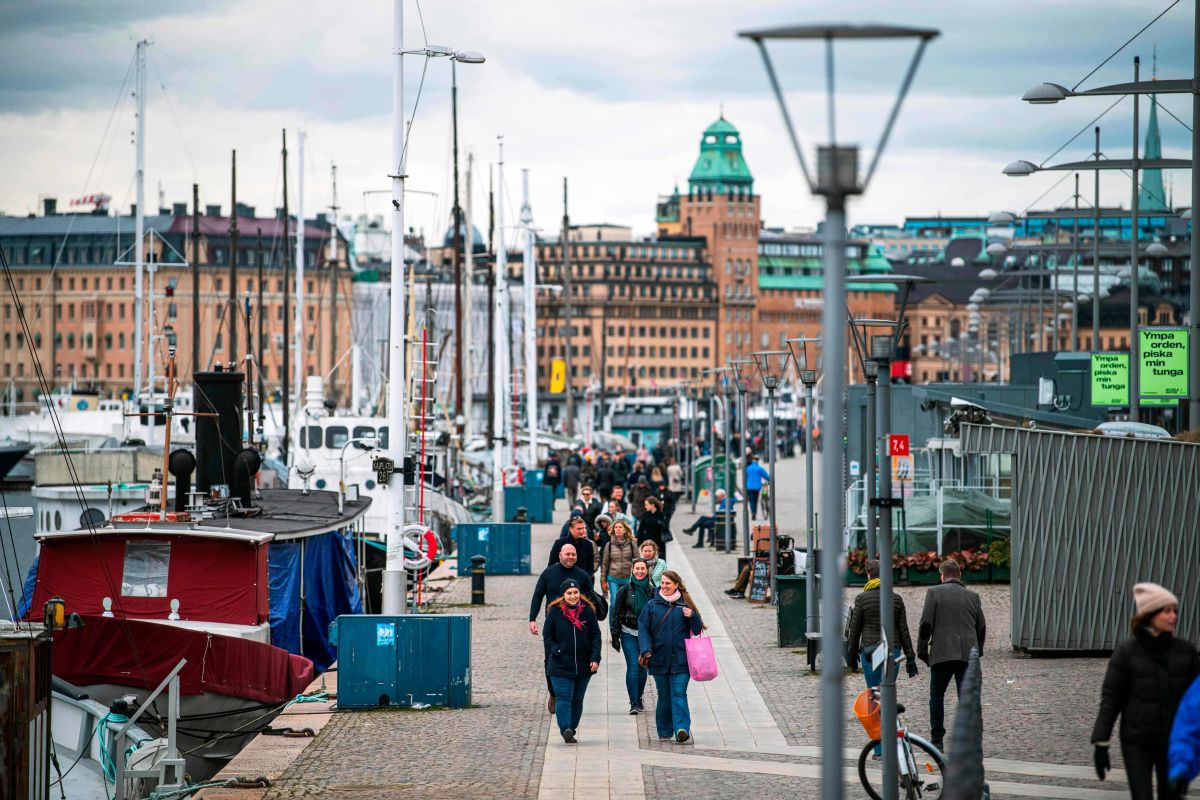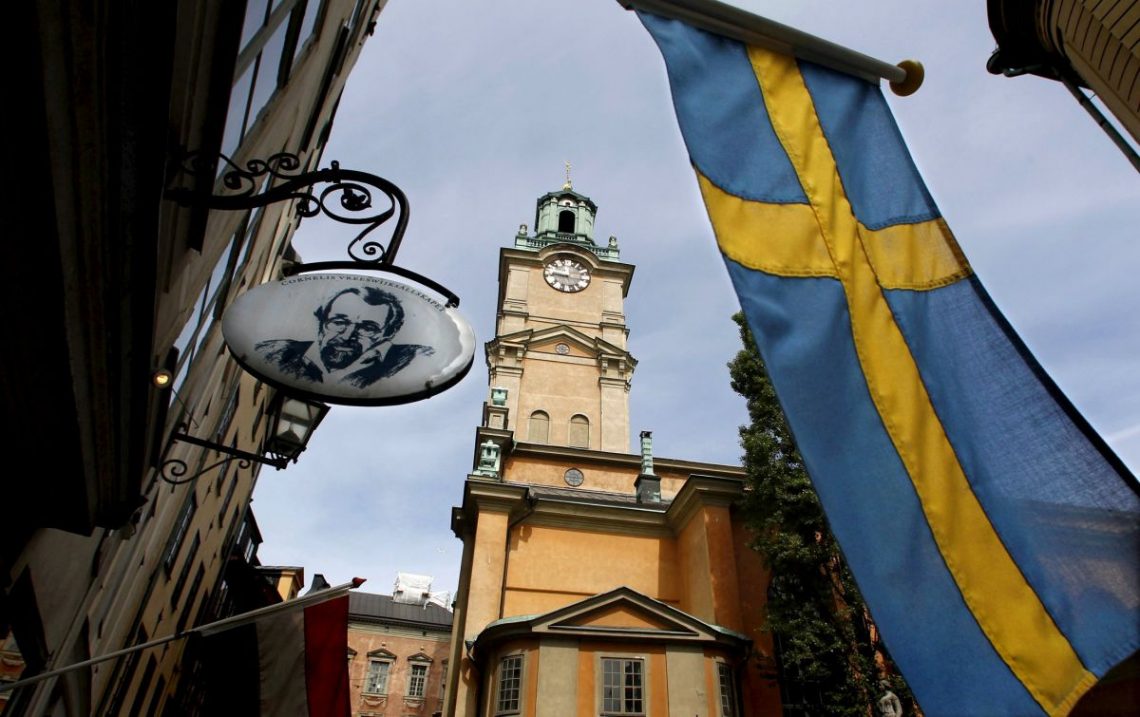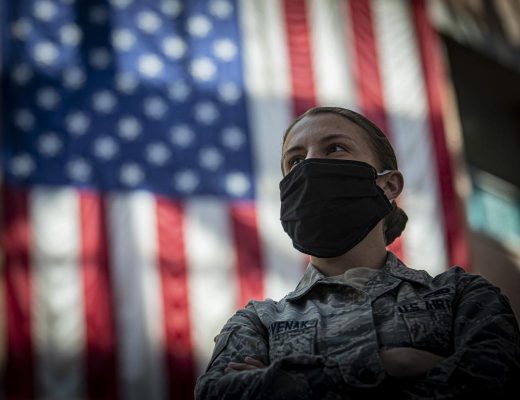The crisis in Sweden is more serious than previously thought.
The pandemic hit the world like a thunderstorm in the middle of a clear sky, and many countries were not prepared for its magnitude. Production has stopped, the economy has suffered and global demand has declined. There is also a crisis in Sweden, although the state has been stable for a long time and its GDP is growing regularly.
According to analysts, the country is experiencing a situation similar to that observed here during the Second World War. At the same time, Sweden remained one of the few countries where no strict quarantine has been imposed.
According to a statement from the Minister of Finance, this year the economy will decline by 7%. Citizens of the country took the news with anxiety, and the sentiment of the population in a few days affected the economy – in the banking sector fixed record lending volumes, almost 30 times increased the number of loans issued, and the unemployment rate continues to rise.
In order to understand what is happening in the business sphere, we recently conducted a survey among company owners. It turned out that about 40% of the firms involved in the services segment are at high risk of bankruptcy. Analysts admit that the forecasts for the Swedish economy need to be revised, as the crisis has hit the market harder than previously thought.
The performance of the Scandinavian state is more dependent on external demand. Approximately 50% of GDP is exported, and this segment is now in recession. Large local corporations are forced to cut back on supplies, among them Volvo and Electrolux brands. Demand for their products has fallen, and in order to save the business, they had to reduce the number of workers.

With the announcement of the coronavirus pandemic in the world, many states introduced quarantine measures – closed borders, stopped air and rail traffic, banned the work of service establishments. Sweden chose another way to fight the disease. The authorities decided that collective immunity would help eliminate the COVID-19 outbreak more quickly. Therefore, they did not impose strict measures, but relied on the consciousness of citizens, who will follow the precautions and rules of prevention. Cafes, sports centres, entertainment facilities were operating at full capacity, and people were required to maintain a social distance. Sweden had been criticized by other countries for this. Now analysts are assessing whether this approach was correct. Experts investigated how the global crisis affected different states. They compared those who had imposed strict quarantine with those who had abandoned it, for example in Sweden. It turned out that the decline in GDP was almost the same for both groups. However, the crisis in Sweden is predicted to be smaller than in other quarantine countries in the Scandinavian region.










